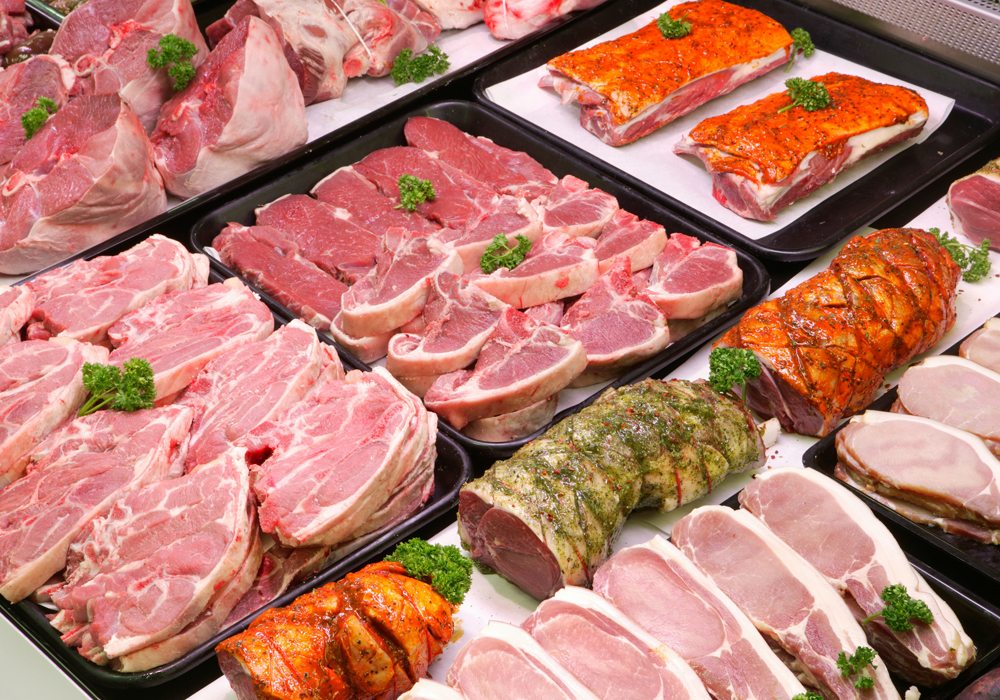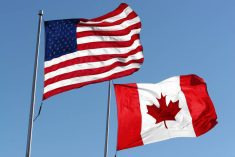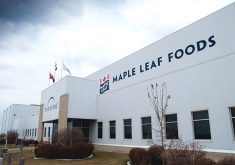Exporters of agricultural commodities and food are worried, very worried, that Canada will not be part of the new Trans Pacific Partnership trade deal.
In a statement released today, the Canadian Agri-Food Trade Alliance (CAFTA) said if Canada isn’t part of TPP, now known as the CPTPP, it could affect the “livelihoods of nearly a million Canadians.”
CAFTA members, such as the Canola Council of Canada, the Canadian Pork Council and most commodity groups, are concerned that Japan may move ahead on the TPP deal without Canada.
Read Also

Farming Smarter receives financial boost from Alberta government for potato research
Farming Smarter near Lethbridge got a boost to its research equipment, thanks to the Alberta government’s increase in funding for research associations.
Last January, U.S. President Donald Trump pulled the U.S. out the 12 nation deal, but led by Japan, the remaining 11 Pacific nations pushed ahead.
The countries almost signed an agreement in November at a meeting in Vietnam. However, Prime Minister Trudeau had second thoughts and threw a wrench into the completion of the deal. Trudeau asked for new provisions, such as chapters on the environment, worker’s rights and gender issues.
In the end, the 11 countries reached a provisional agreement in Vietnam with plans to negotiate a few key issues before finalizing the trade pact.
Agricultural groups are worried that Japan and Australia are becoming increasing frustrated with Canada’s tactics and stalling on TPP. Reports out of Japan suggest the country is considering a TPP deal that doesn’t include Canada.
If that happens it would be a massive loss for Canada’s agri-food industry, especially the Japanese market.
“The EU, Australia and Chile have already secured deals with Japan, which imports about $4 billion in Canadian agri-food products annually,” CAFTA said in its release.
TPP is critical for Canada’s pork producers and processors, who export more than a $1 billion in pork annually to Japan.
“Falling behind in Asia would threaten pork production and processing in Canada,” said Chris White, president and chief executive officer of the Canadian Meat Council. “A trade agreement with Japan matters.”
The federal government’s reluctance to sign TPP is connected to the auto sector.
Unifor, the autoworker’s union, has been extremely critical of TPP, saying it would reduce or eliminate Japanese investment in Canada’s auto sector.
Vehicles are an important component of Ontario’s economy but it’s small compared to Canada’s agri-food industry.
“Food and beverage processing is the largest employer in the manufacturing sector in Canada,” CAFTA said. “(It has) close to a quarter of a million jobs, more than the automotive and aerospace sectors combined.”
Contact robert.arnason@producer.com


















